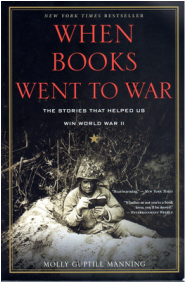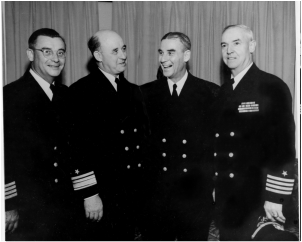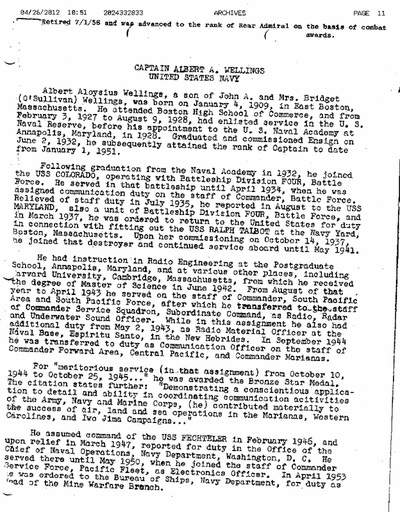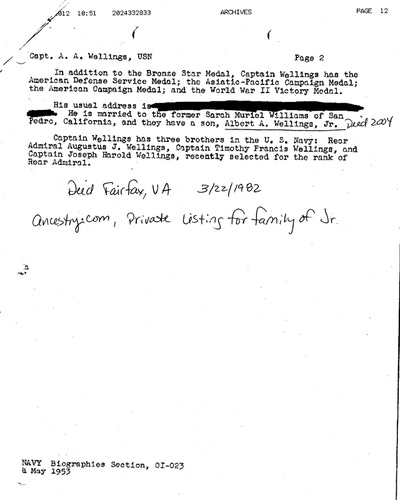
Until I bought this book for my husband, I had never given much thought to what the diversions must be for men or women at war. When they were so far away from home in war zones in the South Pacific or European theater, what did they do in their down time that helped them pass the time and stay sane? They had radio, but when they had people like Tokyo Rose and Axis Sally “entertaining” them with hurtful propaganda, that did more harm than good. There were movies available from time to time, and USO shows with amazing folks like Bob Hope and actress Ann Sheriden. But during the times when radio wasn’t enough and the entertainers and movies weren’t available, these men and women came to rely on books and other forms of the written word, such as magazines and periodicals to take them away from their situations.
In the late 1930s Hitler was burning books in Germany, getting rid of anything that promoted individual ideals and thought, anything considered “anti-German”. Many prominent authors were banned and their works destroyed in an effort to rid Germany of any form of Jewish or other influence considered anti-German in literature or art.
The banned authors included people like Ernest Hemmingway, H.G. Wells, Helen Keller, Albert Einstein, Upton Sinclair, Sigmund Freud, Voltaire and so many more. Manning’s book has a list in Appendix A on page 200 of all the banned authors. It’s believed that Hitler succeeded in banning and burning over 100 million books, new or old, antique or modern texts, all were lost. During an event known as “Kristallnacht” (night of the broken glass), eleven synagogues were burned and copies of Jewish text and Torah copies destroyed. These actions began the attempted annihilation of people of Jewish heritage and their history in November of 1938. Culture and art soon followed.
In the meantime, efforts were being made in America to counter Hitler’s destruction of knowledge and independent thought. Our citizen soldiers in the armed forces had long bouts of loneliness and boredom while serving, so efforts began at home to collect books to send overseas with the intention to both entertain the troops with literary diversions and to purposely get some of Hitler’s known banned books into circulation in the war zone. Nationally, librarians were in charge of taking in donations to be sent to a distribution center that made sure books were shipped to men serving in the Pacific and European theaters. While these efforts were imminently successful and the books much appreciated, there were issues with the size of the books, ease of carrying hard backs or big books in packs meant to stay as lean as possible so there was room for items necessary for living and traveling in a war zone, in particular the infantry with a “field uniform of steel helmet, shirt, trousers, leggings, shoes, underwear, and depending on the weather, raincoat or coat and overcoat…; a haversack, for his mess kit; cup and canteen; first-aid kit; pack holding blanket, shelter tents, poles, pins, toilet articles, gas mask; intrenching tool, reserve ration; weapon and ammunition”.
After a time, a solution was reached whereupon the books were being produced in pocket sized paperback versions, easy to carry literally in a back pocket and portable enough to fit well in a rucksack with other clothing and equipment.
In the first book drives by the Victory Book Campaign, books were collected and distributed by voluntary organizations. When the opportunity came to produce and then purchase the smaller paperback books, an organization called the Council on Books in Wartime formed by a group of publishers and supported by the military came to be, with their slogan “Books are weapons in the war of ideas”. This group saw that the military purchased thousands of copies of current books and many classics to be distributed to the troops. They chose fiction and non-fiction titles on every subject the men would be interested such as religion, history, science, philosophy, Shakespeare, murder mysteries, biographies, sports, love stories, hunting and wildlife – every topic to fit every man. These books were known to the men as Armed Services Editions, ASE’s, 3” x 4” approximately, extremely portable and easy to carry. They were constructed to make it through about 6 readings, as the men would read them and frequently trade them around for other books they hadn’t yet read. From Manning’s book, one Special Services Officer says of the ASE’s that they, “provided sorely needed distraction to a great many men”. Another infantryman is quoted as saying, “These little books are a great thing. They take you away”. One of the favorite editions was “A Tree Grows in Brooklyn” by Betty Smith. She got many letters from men overseas who found solace and entertainment in her book. One young sergeant wrote to her saying, “When I first picked up your book, I was down in the dumps, a sad sack, as the boys say…..my spirits rose until at the end I found myself chuckling over many of the amusing characters”.
And this was the purpose of these precious little books. To take them away for a little space of time to a place of fantasy, of places they wished to be, to historical sites they may one day visit – taking them to the places they loved and reminding them of the freedoms they were fighting for – freedom of speech, freedom of individual thought, of religion and of free flowing ideas.
The back of the book Appendix B on page 202 begins a complete listing of these ASE’s that were made available to the men in both theaters of war. I have found a few of these editions on eBay and have plans to pick up a couple just to have a piece of this history. They were printed in series editions beginning with ‘A’ in September of 1943 through to ‘Z’, then in ‘AA’ through to ‘TT’ series ending in 1947. This blog barely scratches the surface of the heartfelt and often disturbing story of the destruction of these precious books and an entire cultural group. Manning’s book is paperback and was on the New York Times bestseller list. I highly recommend it for the historic perspective, and just because you appreciate the value of books and the knowledge and escapes they provide.
I’ve provided a web link to The New Antiquarian story about the book and the ASE’s: http://www.abaa.org/blog/post/armed-services-editions
-Tammi




 RSS Feed
RSS Feed